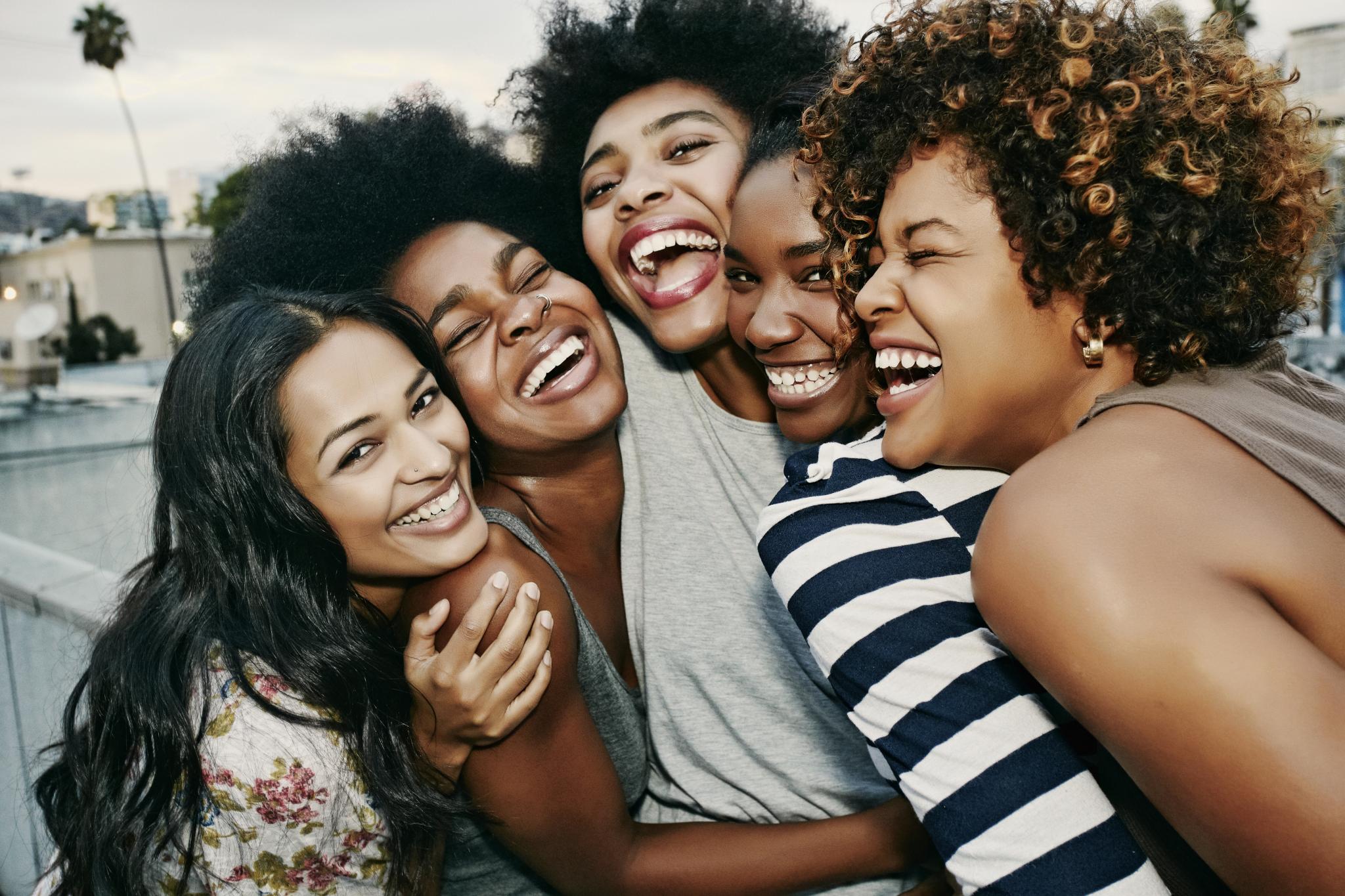
Friends. How many of us have them? Our confidantes are often the people who motivate us, inspire us and give us pearls of wisdom when we’re in need. They can be tension relievers and therefore beneficial to our health. “Black women tend to rely on social support more than men do. These friendships involve more self-disclosure and feelings of closeness,” says Monica T. Campbell, Ph.D., a psychologist in Philadelphia. “Social support can serve as a buffer against the impact of the many stressors we experience.”
Chicago native Aisha Madhi, 39, credits her squad of eight with being her rock. “Although I was fortunate to be born with three sisters, I am blessed to experience sisterhood through my female friendships that span more than 25 years,” she says. “My circle of friends provides a safe place where I can let go and be my authentic self.” According to the
Mayo Clinic, not only does having a strong social support network reduce stress and boost happiness, but it can also increase your sense of belonging and improve your self-confidence.
In addition, the network can help you cope with traumas and encourage you to change or avoid unhealthy lifestyle habits, such as drinking excessively or getting little or no exercise. Friendship is crucial to our longevity and our contentment. “Our family relationships tend to come with greater anxiety and responsibilities like scheduling appointments, managing money and dividing chores,” shares Shasta Nelson, author and CEO of girlfriend circles.com. “Our friendships can give us healing.” Girlfriend Circles, which provides women’s friendship matching, pairs ladies in more than 65 cities in the U.S. and Canada.
Girlfriends can be the loves of our lives, and like all great relationships, yours will require effort to keep things on track. Here’s how you can step up your friend game during one of the most nerve-racking times of the year.
Be available. The holidays are supposed to be a happy time, but that’s not the reality for everyone. “They can be a reminder that things may not have gone our way throughout the year,” says Campbell. “During the season, we’re also confronted with family relationships that may not be as healthy as we’d like. And if we’re survivors of abuse, we may have to be around a relative who has harmed us.” This could be the period when our friends need us the most. Check in with anyone who has had a rough year, and be accessible if she wants to ditch the Christmas Eve dinner at her aunt’s house and hang out with you, or if she needs some words of encouragement while on her way to
a family get-together.
Be understanding. According to the National Alliance on Mental Illness, one woman in eight will struggle with major depression in her lifetime. So you may have a friend or two who are dealing with a mental health crisis during the season and are not up to coming to your annual New Year’s Eve bash. Don’t be offended. Be empathetic. “One way to be a better friend is to ask your pal how she would like to be supported. Sometimes a person might want another type of support that we’re not offering,” explains Campbell.
Be forgiving. We’ve all had a falling out with an acquaintance. The key is to be able to move forward if an argument or a problem occurs in the relationship. Just like marriages, friendships need commitment, forgiveness, communica- tion and nurturing to keep them healthy over time. “Friendships can be challeng- ing, but it is important that we hang in there and put as much attention on the association as we do other relation- ships,” says Campbell. “Those friends can be lifelong partners on our journey in the same way that family or romantic partners can be.”

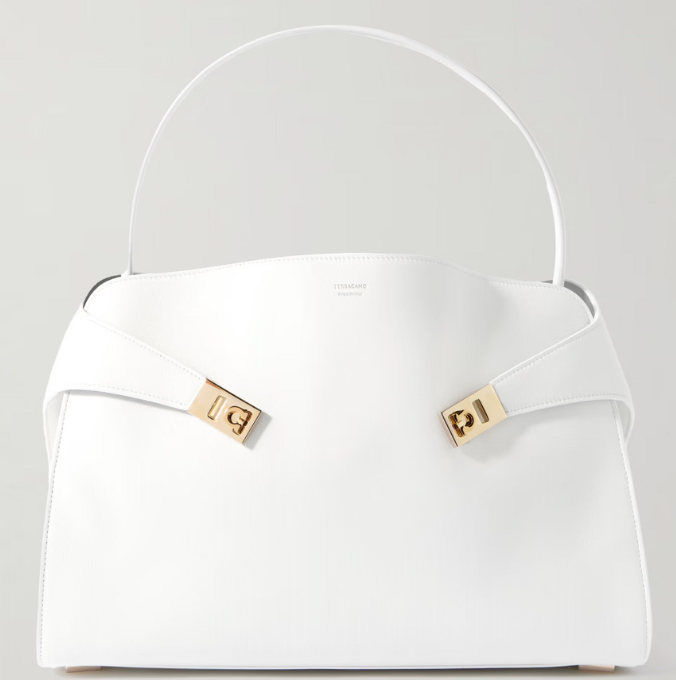
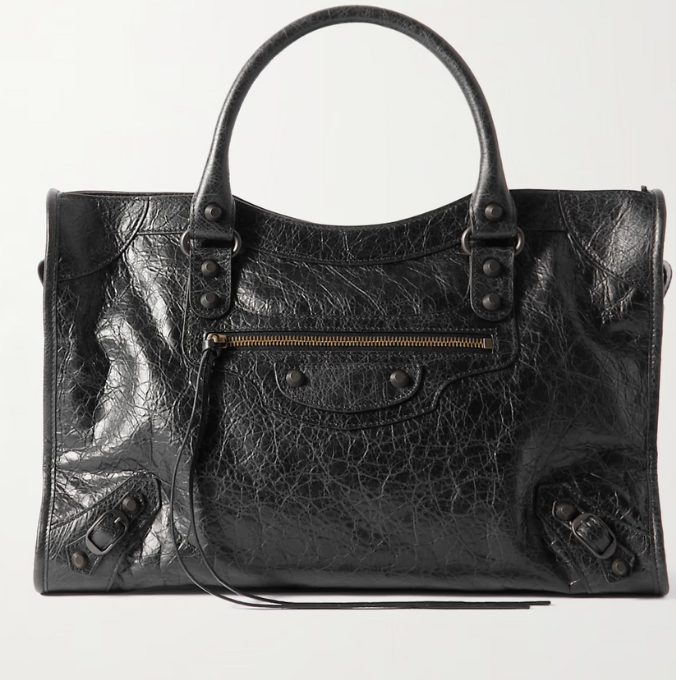
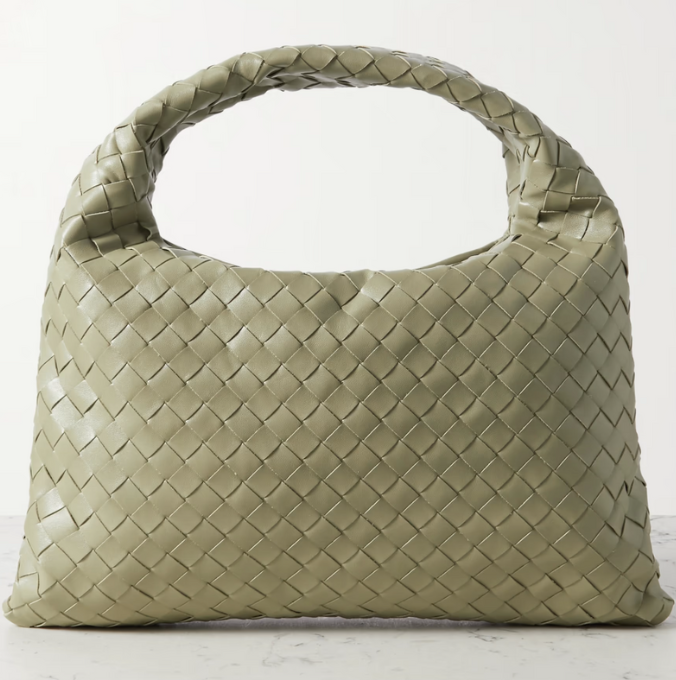
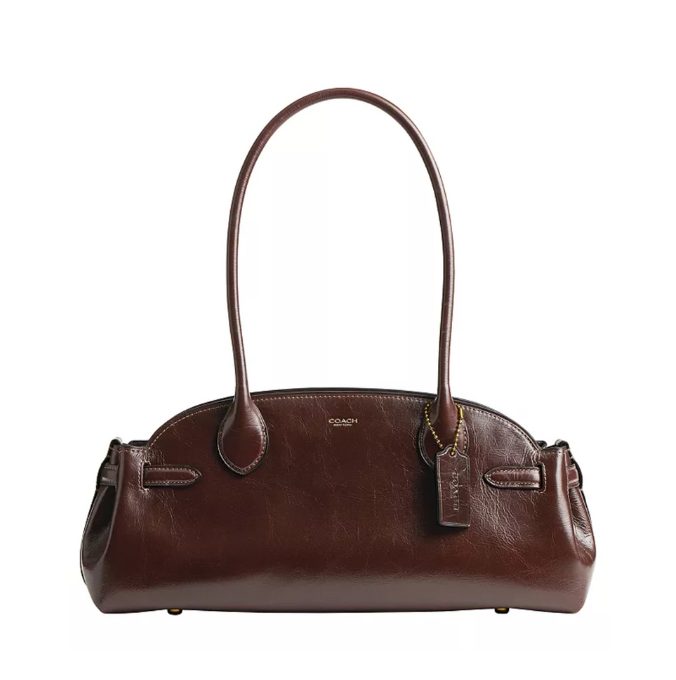


Be creative. Just like you have holiday traditions with your loved ones, create a ritual with your girlfriends. If you usually spend Christmas Day with family, suggest Christmas Eve brunch or a New Year’s Day potluck with your girls. The goal is to establish customs that keep you connected and engaged with your besties.
This article was originally published in the November issue of ESSENCE, on newsstands now!






